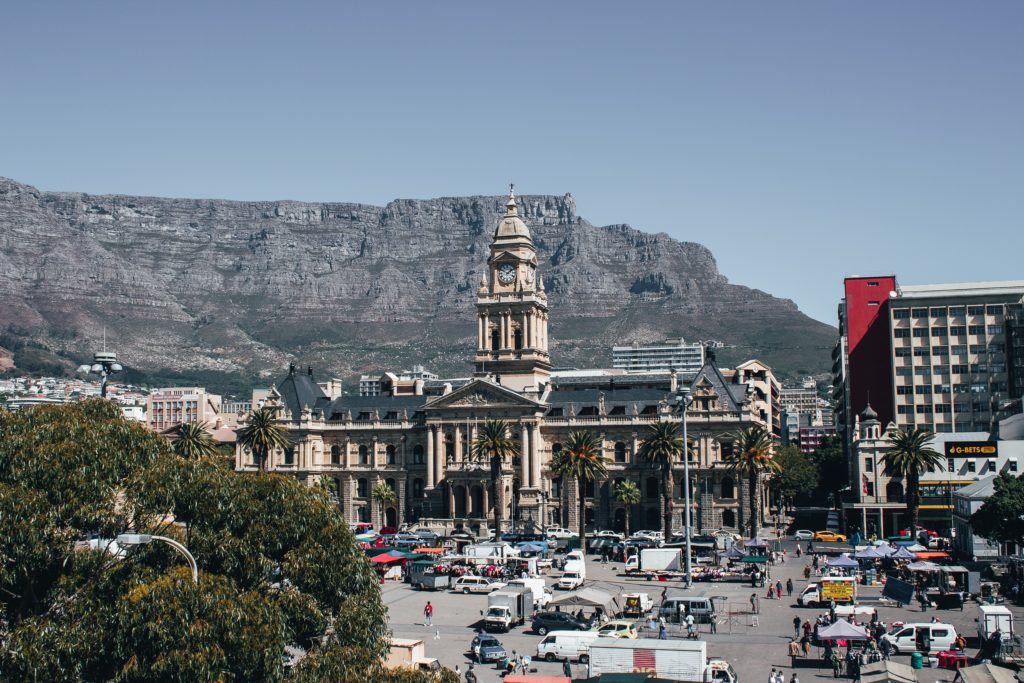A major campaign to reignite the Cape Town CBD economy was announced last week by the Cape Town Central City Improvement District (CCID).
Aimed at attracting employees, businesses, and local, national, and international visitors back to Cape Town and its Central City following the various levels of Lockdown restrictions, the national campaign is the first initiative of its kind for a South African commercial centre.
Called “Come Back To Town”, the economic-recovery campaign speaks to all stakeholders, reminding them of what they have been missing and enticing them back to the heart of the city.
The CCID, the oldest Central Improvement District in South Africa, is a private-public NPO mandated by stakeholders to manage and promote the CBD of Cape Town in partnership with the City of Cape Town and the SA Police Service(SAPS).
It operates in a 1.6 square kilometre footprint of which the overall value of the property is R44.1 billion, according to the City of Cape Town’s 2018/2019 property evaluation. The Cape Town CBD is one of the most successful city centres in the country and is home to some of the finest, award-winning restaurants, unique retail venues, rooftop cocktail bars, and one-of-a-kind destinations such as the Company’s Gardens, the Iziko Planetarium, and the Iziko South African National Gallery.
Key to the initiative is a nationwide digital campaign, buy-in from major commercial property stakeholders and SMEs, a busking and event program, and using social influencers to promote the city centre’s unique offerings. The strategy is not only to reinvigorate the CBD’s economy but that of the Mother City following the impact of the Covid-19 lockdown.
The campaign’s proactive business approach dovetails with various initiatives of the City of Cape Town, including the so-called“tables and chairs” initiative which enables CBD eateries to rent the sidewalk outside their establishments for outdoor seating at a reduced rate for the next six months.
This will allow retailers to welcome more patrons to their establishments and allow for appropriate social distancing protocols. Commenting on the “Come Back To Town” campaign, CCID CEO Tasso Evangelinos says while many people have started returning to town, it’s time for all visitors to come back to show their support for resilient Central City businesses that have managed to survive the onslaught of Covid-19.
“The message of the campaign is that the Cape Town CBD is open for business! We’ve missed our patrons and we’re inviting people back to do business, to shop, to work, to play, and to visit. Top of mind is that safety protocols — such as wearing of masks, using sanitiser, social distancing, and behaving responsibly –are adhered to.”
In recent months, as lockdown regulations have gradually eased, the CCID has monitored the confidence levels of its retail stakeholders. Three surveys have been conducted since July and reveal a slow but steady recovery in confidence among local retailers. Encouragingly, the surveys reveal that since July there has been a marked decline in the percentage of businesses indicating that they face the risk of closure by year-end.
While just over 20 % of local retailers were satisfied with business conditions in the weeks following the move to Level 3, within a few weeks of reaching Level 1 this had risen to a third of all businesses surveyed.
Says Evangelinos: “The “Come Back To Town” campaign is a series of reasons why to return to the City, from attending a First Thursdays event to enjoying a latte at an iconic coffee shop, having an after-work drink or a meal at a destination-restaurant in the vibrant city centre. We will also host a busking/entertainment program over lunchtime and are looking to put on various pop-up activations and events throughout the CBD.”
International research has proven that a vibrant CBD with active small businesses and involved large corporates has a multiplying impact on the rest of the city, residential areas on the outskirts, and then the wider metropole. The Western Cape contributes R436-billion (Q4 2019) to the national GDP, of which 71 % is contributed by Cape Town.
“When operating at full tilt, the City of Cape Town is a significant contributor to the nation’s economic health. Which is why we need to get her engines running at full tilt again, so that every time a visitor, whether local or international, eats, stays, plays, or shops in the Central City, it provides a much-needed boost for both the small business owner on the ground who relies on this trade, the CBD’s economy and the nation’s sustainability and economic stability at large,” Evangelinos concluded.
Picture: Unsplash

